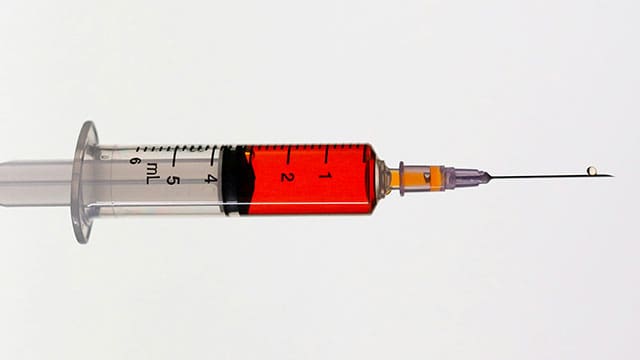Coroner’s findings highlight systemic failures pushing disadvantaged individuals toward assisted suicide as policymakers turn a blind eye

For interview requests, click here
So far, Ontario’s election campaign has been dominated by discussions on external threats like Trump tariffs. However, a more pressing internal issue demands our attention: the alarming findings from the Ontario coroner’s office regarding medical assistance in dying (MAiD).
Last fall, the Ontario coroner’s office released reports revealing that some Ontarians have resorted to euthanasia due to inadequate social, economic or mental health supports. This is particularly concerning for patients whose deaths are not “reasonably foreseeable,” known as Track 2 MAiD. The data indicate that these individuals experience higher levels of marginalization compared to the general population.
Consider the plight of those grappling with isolation or loneliness. Health Canada data indicate that over 20 per cent of patients who died under Track 1 and nearly 50 per cent under Track 2 reported feelings of loneliness. Alarmingly, almost half of the patients in both tracks felt they were a burden to their loved ones. These emotional struggles are significant drivers behind euthanasia requests.
 There is a human cost to Ontario’s assisted suicide program. |
| Recommended |
| How MAiD became Canada’s fifth leading cause of death
|
| Ontario coroner’s report reveals troubling MAiD trends
|
| Could MAiD expansion lead to its use on children?
|
The coroner’s reports stress that “the MAiD process should be deferred while the person is waiting to access appropriate social services or health care.” This underscores the necessity of addressing and alleviating suffering rather than merely facilitating a MAiD death. While physical illnesses or disabilities might make patients eligible for MAiD, it’s often the unaddressed emotional and social suffering that propels their requests.
Disturbingly, the Ontario coroner’s office has identified over 400 cases of potential non-compliance by doctors since 2018. Yet, only four were reported to the College of Physicians and Surgeons of Ontario, and none were referred to law enforcement. This negligence, combined with the use of MAiD as a “solution” to socioeconomic vulnerabilities, creates a perilous situation for Ontario’s most vulnerable citizens.
Despite these grave concerns, the premier has remained silent. There has been no public acknowledgment of the issues highlighted in the coroner’s report, nor any proposed solutions. Even as these findings garnered international attention, the Ontario government appeared indifferent.
In a December question period, the minister of health deflected responsibility by stating that MAiD is federal legislation and that Ontario has appropriate controls, citing investments made to support residents. While the Criminal Code’s provisions on MAiD fall under federal jurisdiction, the provincial government is responsible for protecting patients by enhancing safeguards and support systems. Improving care means ensuring that MAiD isn’t offered simply because a patient qualifies; it’s about providing the support needed to help Ontarians lead fulfilling lives.
In November, the Alberta government initiated a public consultation on MAiD. The survey sought input on better safeguards, improved oversight, considerations around mental illness and mechanisms for families to dispute MAiD approvals. Alberta’s health minister emphasized, “Our priority is to ensure we have robust safeguards to protect vulnerable individuals.” This proactive approach demonstrates a commitment to evaluating and addressing MAiD-related challenges.
In stark contrast, Ontario’s major party leaders have shown a lack of urgency. Despite possessing official reports detailing MAiD’s shortcomings, there’s a troubling complacency regarding its impact on vulnerable populations.
As the election approaches, discussions have centred on tariffs, health care, housing and other vital issues. It’s imperative that leaders also confront the complexities surrounding MAiD in Ontario. Ignoring these problems won’t make them disappear; proactive engagement and reform are essential to protect our most vulnerable citizens.
Daniel Zekveld is a Policy Analyst with the Association for Reformed Political Action (ARPA) Canada.
Explore more on Assisted suicide, Health care rationing, Ontario health care, Ontario election
The views, opinions, and positions expressed by our columnists and contributors are solely their own and do not necessarily reflect those of our publication.
Troy Media is dedicated to empowering Canadian community news outlets by providing independent, insightful analysis and commentary. Our mission is to support local media in fostering an informed and engaged public by delivering reliable content that strengthens community connections, enriches national conversations, and helps Canadians better understand one another.

